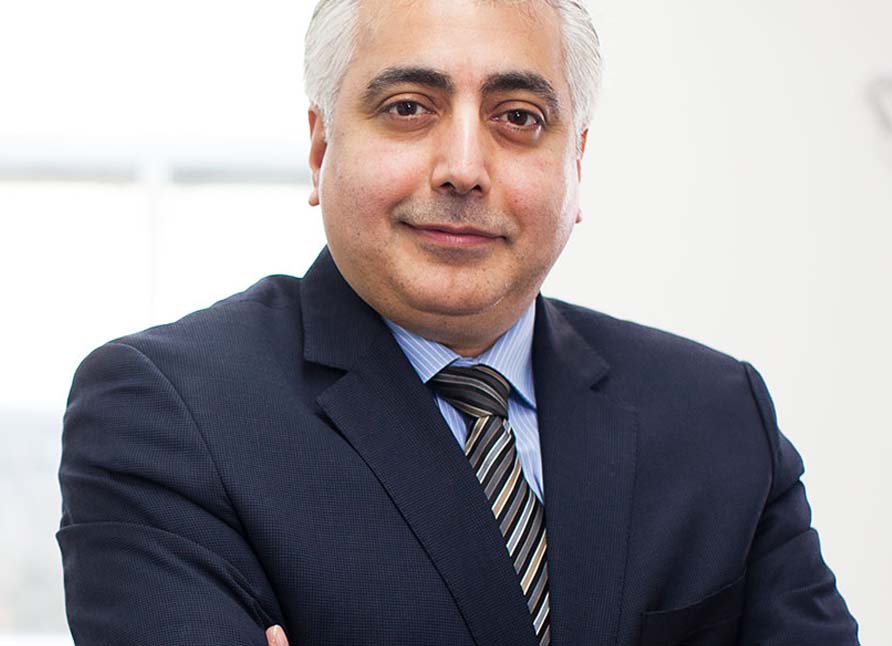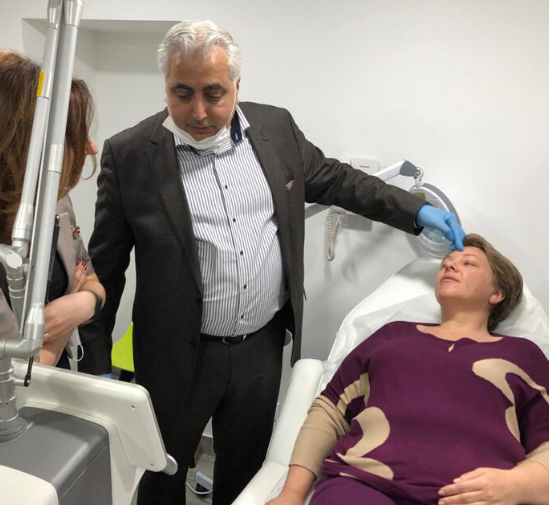 7th September 2020
7th September 2020
Acne: Tips and Treatments from London’s Finest Dermatologist
Acne is one of the world’s most common skin conditions, with around 95% of people aged 11-30 coming into contact with it in some form during their formative years and the early stages of adulthood. Characterised by the emergence of spots of various shapes and sizes on the face, back and chest, it is exceedingly difficult to control and can lead to years of suffering and anxiety for those affected.
Depending on its severity, acne can cause great physical pain and discomfort on a daily basis and, as a result, is likely to trigger bouts of low mood and traits of depression. For some people, overcoming acne can be an uphill struggle and although the most obvious symptoms of this condition largely disappear around our mid-20s, there’s still a possibility that they can persist into our 30s and beyond. Even those who manage to move away from regular breakouts can be left with acne scars that can last a lifetime without the right sort of treatment.
What causes acne?
Many observers will be quick to point out that the foods we eat or improper hygiene practices can lead to the emergence of acne, but there is little medical evidence to support this claim. Most often, acne is caused by the hormone shifts that our body encounters during periods of great biological change such as puberty, pregnancy or menstruation. This encourages the glands responsible for producing sebum – a natural oil used to lubricate the hair and skin – to work overtime. As this substance is produced in abundance, it plays a role in the hair follicles that reside in the affected areas becoming clogged in a process that results in the formation of the comedones, papules, pustules, nodules and cysts that are symptomatic of acne.
Acne is known to be a hereditary condition and can also be kickstarted by taking certain medications and wearing more traditional forms of makeup. As of late, the phenomenon known as “maskne” has been popularized by the media and this describes an increase in acne-like symptoms on the face as a result of the enforced wearing of face coverings and masks when out in public spaces.
How can I manage this?
Sometimes, no matter what we do, there is no way to successfully manage the development of acne. However, it’s worth noting that there are certain things that you can do to reduce the severity of its effects or even eliminate it completely. When besieged by acne, it’s recommended to wash your face or skin no more than twice a day and with lukewarm water and a mild, non-perfumed soap or cleanser. Overwashing and using water that is too hot can make the appearance of acne much worse.
Although it might be tempting to pop your spots or dig out your blackheads, this is also something that can prove detrimental in the battle against acne. Frequent picking and squeezing can force debris and bacteria deeper into the skin and may even lead to acne scarring.
In terms of makeup, it’s always better to apply this minimally and to ensure the products that you use are non-comedogenic to reduce the possibility of your pores becoming clogged and breakouts occurring. Maskne can be dealt with by washing face coverings after every use and choosing a mask that is made out of a more breathable fabric such as cotton.
Treatments for acne
There are times, however, when even the best skincare practices can fail to rid our skin of acne. These instances call for a more experienced hand, and there is no one more suited to helping you treat this distressing skin condition than Dr Firas Al-Niaimi. As London’s finest dermatologist, Dr Firas can draw from a comprehensive selection of acne treatments and is guaranteed to have a treatment that can address all of your requirements.
For those suffering from acne, Dr Firas will likely recommend undergoing several laser therapy sessions and these will always be customised to ensure that you receive the best results. Acne scarring can also be addressed with laser procedures, with fillers, punch excision and TCA CROSS further viable methods of treatment and optimal results assured when you follow a treatment plan built around you.
To book in with Dr Firas, call 0208 191 8871 or email info@drfirasalniaimi.co.uk today.
Back to blog





